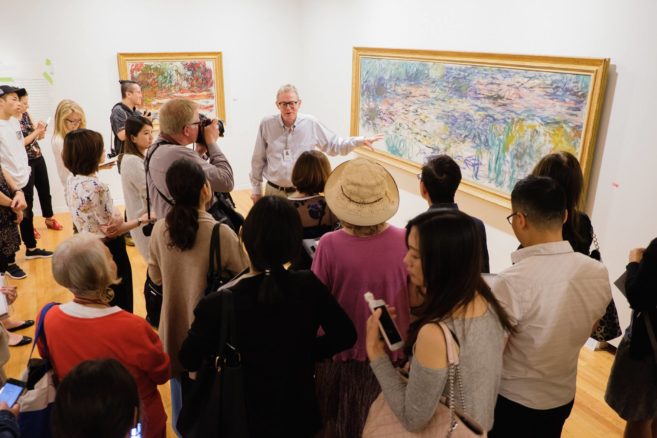This morning, the Canadian Conference of the Arts, a major, 67-year-old national alliance of the arts, culture and heritage sector across Canada, announced that it would begin winding down its operations immediately due to accelerated cuts in federal funding.
Founded in 1945 by a group of artists, including painter Lawren Harris of the Group of Seven, CCA has had the mandate of promoting the interests of Canadian artists and of the cultural sector at large at the federal level, and of providing a national forum where issues of common interest can be discussed and pursued.
The CCA has been associated with major national cultural policy developments including the creation of the the creation of the Massey-Lévesque Commission in 1949, the founding of the Canada Council for the Arts in 1957, the adoption of Status of the Artist legislation in 1992 and the development of the UNESCO Convention on the Protection and Promotion of the Diversity of Cultural Expressions in 2005.
In a release, the CCA stated that a year and a half ago, it became aware of the federal government’s intention to put an end to 47 years of funding. The CCA informed the Department of Canadian Heritage that that in order to become financially autonomous, it would require a minimum of two years of transitional funding to implement a new business model.
However, in mid-April, the CCA was informed that the government had limited its assistance to six months of funding.
The board of governors of the CCA came to the conclusion that it as impossible to achieve the objectives of the new business model in less than two years. It therefore decided to cease operations immediately and to put the organization in a state of suspension “in the hope that in the not too distant future others will pick up the torch and relaunch this unique instrument for the good of the Canadian cultural sector.”
In a release, CCA chair Kathleen Sharpe stated, “Despite our best efforts, transitional support of six months was not enough and we have simply run out of time to develop new revenue streams. But we depart knowing we planned well for such an outcome.”
In a related blog post, Pineau stated, “We remain convinced the Canadian cultural sectors need an organisation like the CCA. We’re talking about a role as convenor, observer, and analyst of the major cultural issues at the national level. In the changing environment we find ourselves in, the Canadian cultural sector needs to pull together, to come out of our solitude, to identify common interests, and to develop strategies to pursue them. The team that you know is withdrawing, but we are leaving you with what you need in order that you may pick up the torch, in new conditions, like the phoenix rising from the ashes.”









